Uterine Hysteroscopy
Hysteroscopy is a modern, minimally invasive procedure that allows for the assessment of the uterine lining using miniature optics. This examination is performed through the cervical canal and provides precise visualization without incisions or general anesthesia. The doctor can not only examine the uterine cavity but also immediately address any identified abnormalities.
This method is used both for diagnostic purposes and during surgical interventions. Due to its accuracy and minimal risk, hysteroscopy has become the gold standard in gynecology. In a modern clinical setting, it is performed quickly and with a high degree of patient comfort.

specialists

equipment

treatment
Types of hysteroscopy
Hysteroscopy can vary in purpose and nature of the procedure. This modern diagnostic and treatment method is used in three formats: diagnostic, office, and surgical. The first is used to assess the condition of the mucosa and detect polyps or adhesions. The office version is performed without anesthesia, is suitable for outpatient visits, and does not require hospitalization. Surgical hysteroscopy is used to remove pathological formations and is performed under general anesthesia. The choice depends on the clinical presentation and the physician's needs.
Diagnostic hysteroscopy
This procedure is used to accurately assess the reproductive system without surgical intervention. During a diagnostic hysteroscopy, the doctor carefully examines the uterine lining to detect polyps, adhesions, or inflammation. This examination is performed on an outpatient basis, does not require anesthesia, and is suitable for the initial diagnosis of infertility, menstrual irregularities, and other gynecological symptoms.
Operative hysteroscopy
Surgical hysteroscopy not only provides diagnosis but also the opportunity for immediate treatment. During this procedure, the doctor can immediately remove a polyp or other growth found in the uterine cavity. This avoids additional interventions, shortens recovery time, and improves the prognosis. The procedure is aimed at effectively treating various uterine conditions, while minimizing the risk of injury thanks to the precision of hysteroscopic equipment.
Office Hysteroscopy
In-office hysteroscopy is a modern examination format where the examination is performed on an outpatient basis, right in the doctor's office. The procedure is performed without anesthesia, hospitalization, or lengthy preparation. This approach is especially convenient for initial diagnostics, when a quick and accurate assessment of the uterus is essential. Miniature equipment eliminates pain and discomfort while maintaining high visualization accuracy. This is the optimal solution for busy women who value comfort and results.
The procedure itself takes place in the following order:
A hysteroscope (a long, thin tube with a light and camera) is inserted into the uterus. The patient may experience some cramping and discomfort as it passes through the cervix. The camera sends images to a screen so the doctor or nurse can detect any abnormalities. Simultaneously, the cavity is filled with a sterile solution to allow for a thorough examination and assessment of the endometrium, fallopian tube opening, and cervical canal.
Combined with the light passing through the instrument, it helps the doctor perform a detailed diagnosis of the organs. Treatment can then be prescribed and, if necessary, surgery can be performed. Instruments are inserted into the uterus through the hysteroscope.
The time required for a hysteroscopy can range from a few minutes to several hours. The duration of the hysteroscopy procedure depends on the purpose for which it is being performed. It may be purely diagnostic or surgical; for example, an additional procedure may be performed simultaneously, such as laparoscopy, removal of small benign tumors in the uterus, or removal of polyps.

Indications for hysteroscopy
Hysteroscopy is indicated for menstrual irregularities, lower abdominal pain, intermenstrual bleeding, and infertility. This procedure helps clarify the diagnosis, detect tumors, and provide targeted treatment. The doctor can visually assess the condition of the endometrium and remove pathological lesions, such as polyps. This method is indispensable in preparation for endometrial hysteroscopy, after a miscarriage, and before IVF programs. In modern gynecology, hysteroscopy is considered one of the most accurate diagnostic methods.
Indications for the procedure:
- Determining the cause of irregular periods or heavy bleeding
- Infertility
- Presence of polyps, uterine fibroids
- Presence of intrauterine adhesions
- Suspected abnormal development of the uterus
- Pathologies, including adhesions, endometrial hyperplasia
- Pain during intercourse
- Miscarriage, even with normal conception
- Removal of a lost intrauterine device, etc.
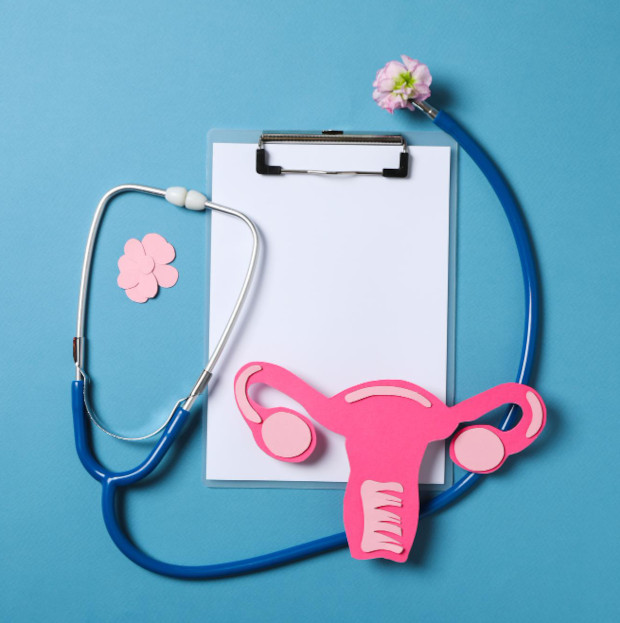
Contraindications for hysteroscopy
Although hysteroscopy is considered safe and minimally invasive, there are clinical situations in which it can be risky. In the presence of acute infections, suspected pregnancy, or a bleeding disorder, uterine examination is postponed until the patient's condition stabilizes. These contraindications are due to the high risk of complications and the need to protect reproductive health. The decision to cancel or postpone the procedure is always made on an individual basis.
Contraindications:
- Pelvic infection
- Pregnancy
- Oncology
- Heavy bleeding
Compared to other, more invasive procedures, hysteroscopy has the following advantages:
- Minimal hospital stay
- Short recovery time
- Minimal need for pain medication
- Possibility of avoiding hysterectomy
- Possibility of avoiding open abdominal surgery

Results and possible complications
Hysteroscopy gives the physician an accurate picture of the uterine cavity. The procedure provides a visual image of the mucosa and can confirm or rule out the presence of polyps, hyperplasia, fibroids, adhesions, neoplasms, and other changes. This result allows for the selection of the optimal treatment strategy and the preservation of the woman's health for many years.
Despite its high safety, the procedure, like any intervention, can be accompanied by rare but possible complications:
- Uterine wall injury
- Inflammation
- Bleeding
- Allergic reaction to medications
- Fever
- Lower abdominal pain
Accurate diagnostics, competent technique, and the physician's experience minimize any risks and make hysteroscopy a reliable and effective procedure.
Answers to popular questions
How safe is hysteroscopy?
Hysteroscopy is a relatively safe procedure. However, as with any surgical procedure, complications are possible. Complications with hysteroscopy occur in less than 1% of cases and may include:
- Risks Associated with Anesthesia
- Infections
- Severe Bleeding
- Intrauterine Scarring
- Allergic Reactions
- Injury to the Uterus and Other Internal Organs
What to expect after a hysteroscopy?
After the procedure, you may experience cramping and light vaginal bleeding (about the same amount as a menstrual period) for one to two days. Fatigue or nausea are also common.
Contact your doctor immediately if you experience the following symptoms:
- Infections and inflammation in the pelvic organs.
- Severe abdominal pain.
- Heavy discharge, bleeding.
Hysteroscopy usually does not require an inpatient stay, except in emergency cases. This means an overnight hospital stay is usually not necessary, unless there are complications.
We perform hysteroscopic surgeries in Moscow using new and modern equipment, but due to the nature of the procedure, recovery may require several weeks or more.
For 24 hours after hysteroscopy, you must not:
- Driving or operating heavy machinery.
- Exercising.
Anesthesia for hysteroscopy can be local, regional, or general. The type of anesthesia used is determined by where the hysteroscopy will be performed (hospital or doctor's office) and whether other procedures will be performed concurrently. With general anesthesia, you will be required to refrain from eating or drinking for a certain period of time before the hysteroscopy.
Hysteroscopy can determine which patients may need to go to the operating room and which can simply undergo appropriate therapy. Statistics show that almost 60% of women who undergo diagnostic hysteroscopy avoid the need for surgery. Even in cases where there is a known or suspected anatomical abnormality (such as polyps or fibroids), diagnostic hysteroscopy can help the physician make a more accurate diagnosis, which is essential for optimizing surgical planning.
How to prepare for the procedure?
Proper preparation is essential for a successful and uneventful hysteroscopy. The procedure requires a preliminary examination, including laboratory tests, an assessment of the uterus, and determining the optimal day of your cycle. It is also important to follow dietary recommendations, especially when performed under general anesthesia. Adherence to all requirements improves diagnostic effectiveness and avoids unnecessary risks.
To prepare for a hysteroscopy, follow these guidelines:
When scheduling a suitable time for a hysteroscopy and assessment of the vaginal and uterine tissues, the doctor will consider the patient's menstrual cycle, choosing the most informative day.
You should fast (not eat or drink) for at least 6 hours prior to the procedure. Your doctor will advise you on whether you should take your usual medications on the day of the procedure. You may be asked to take a pain reliever an hour before the procedure.
Upon arrival for the procedure, it is recommended to wear loose, comfortable clothing, as you will be asked to remove all clothing below the waist and change into a hospital gown for the procedure.
Before the procedure, you should empty your bladder and remove all jewelry, dentures, and contact lenses.
You may bring a friend or relative for support, although they may be prohibited from being in the room during the hysteroscopy.
If anesthesia is administered, appropriate preparation will be required, including a complete blood count, a smear test, and a consultation with an anesthesiologist.
Recommendations in the postoperative period
After a hysteroscopy, your body needs time to recover. You may experience a pulling sensation in the lower abdomen and slight bleeding for a few days.
To maintain your health and avoid complications, it is important to follow these simple recommendations:
- Avoid physical activity and intimacy for 7-10 days.
- Avoid visiting baths, saunas, and swimming pools.
- Avoid using tampons and douching.
- Maintain genital hygiene.
Urgent medical attention is required if you experience severe pain, fever, heavy discharge, or a sudden deterioration in your health. Complete recovery of the uterine lining usually takes several days to two weeks.

This award is given to clinics with the highest ratings according to user ratings, a large number of requests from this site, and in the absence of critical violations.

This award is given to clinics with the highest ratings according to user ratings. It means that the place is known, loved, and definitely worth visiting.

The ProDoctors portal collected 500 thousand reviews, compiled a rating of doctors based on them and awarded the best. We are proud that our doctors are among those awarded.
Make an appointment at a convenient time on the nearest date
Price
Other services







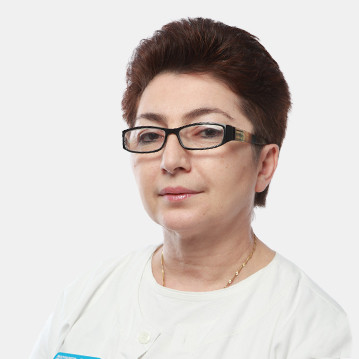
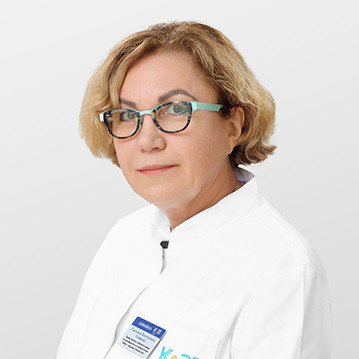

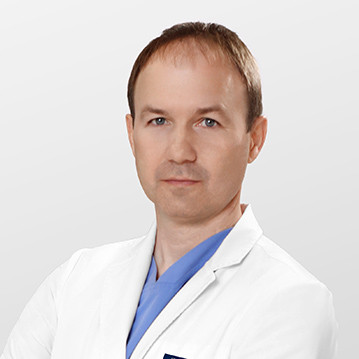
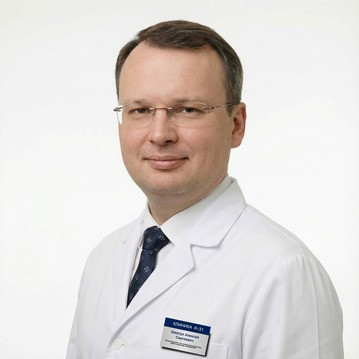
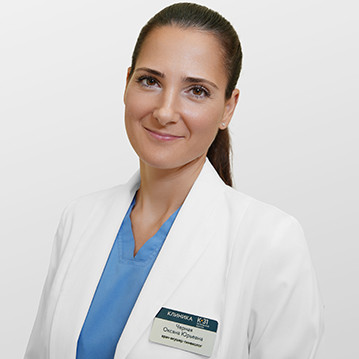
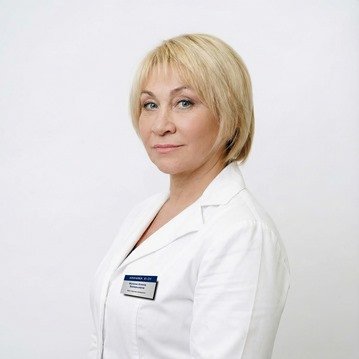
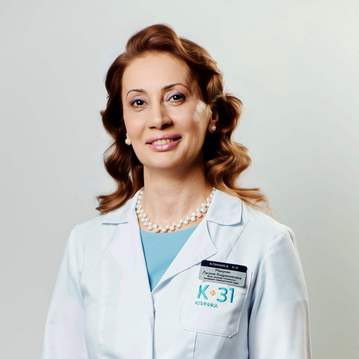
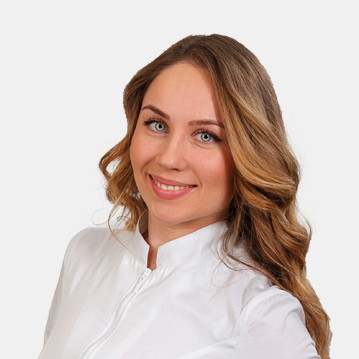
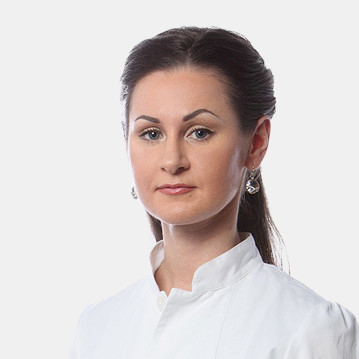
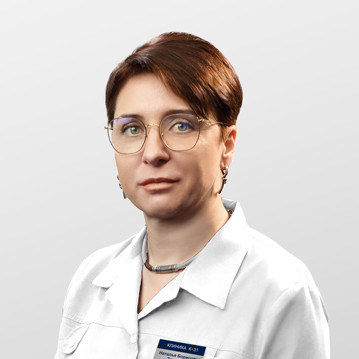
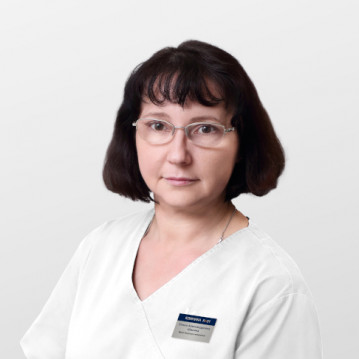
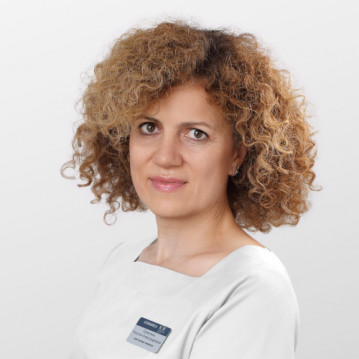

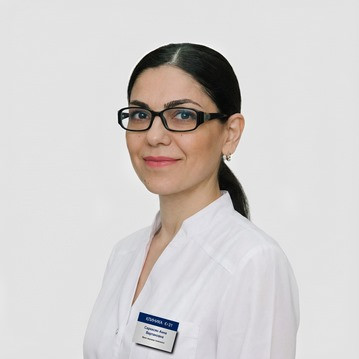
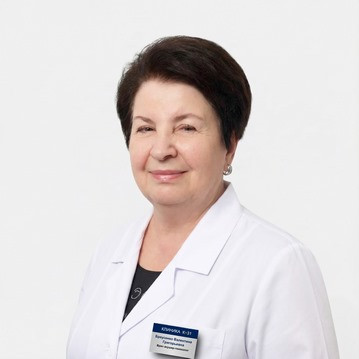
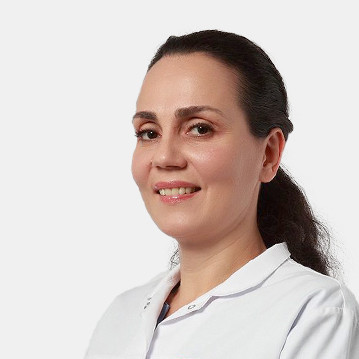
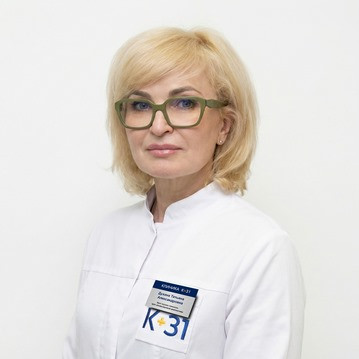
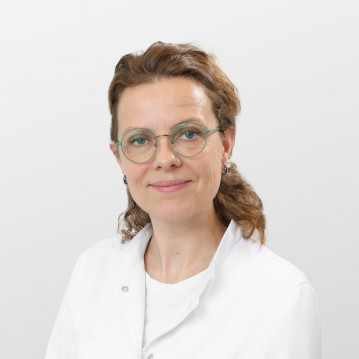
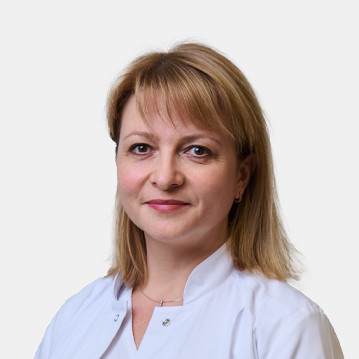

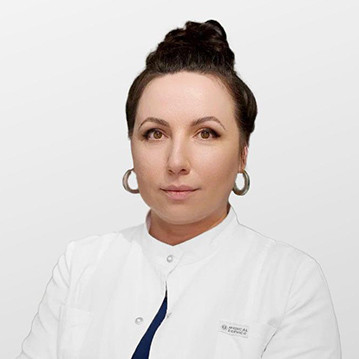
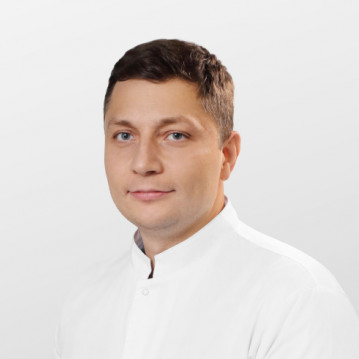
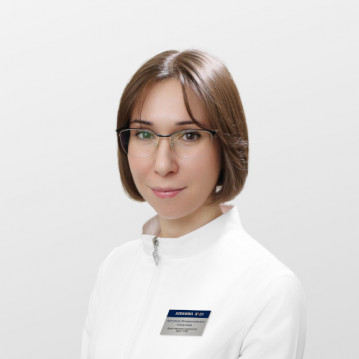


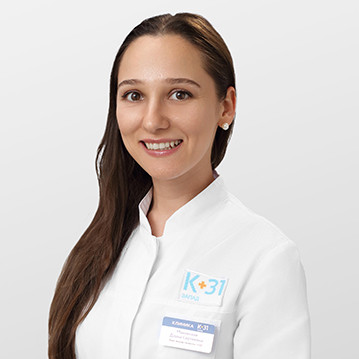
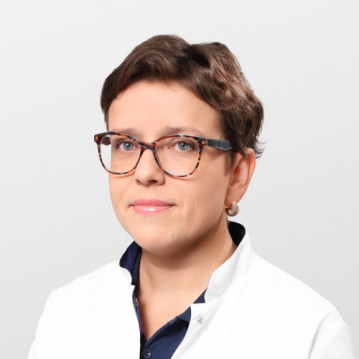
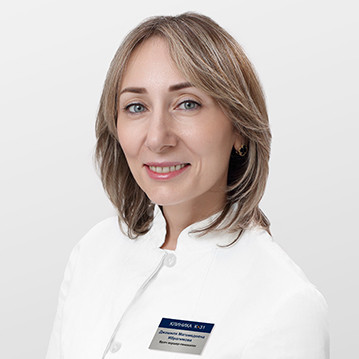
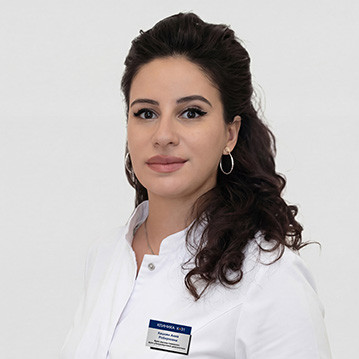
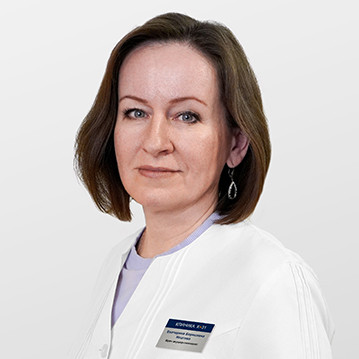
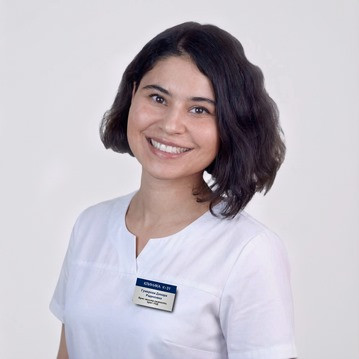
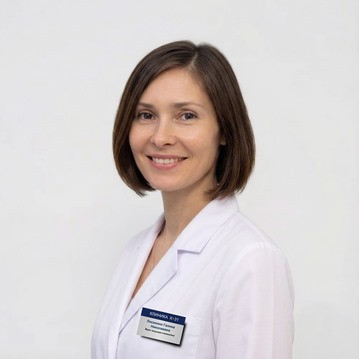
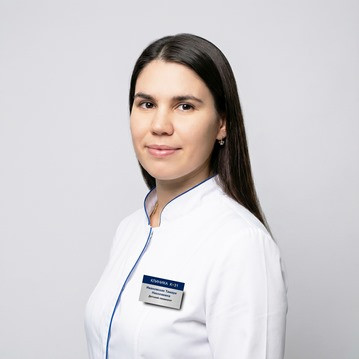
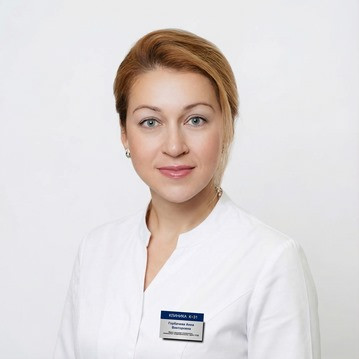
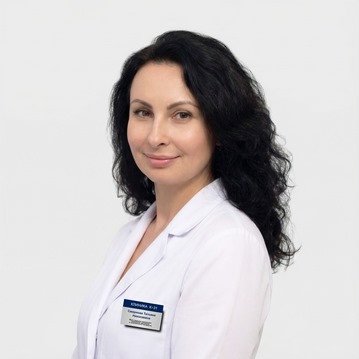
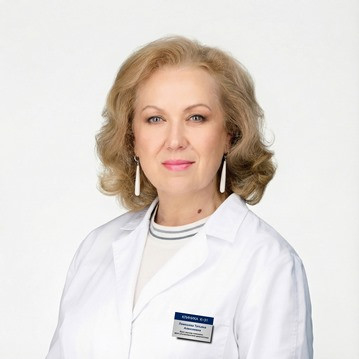





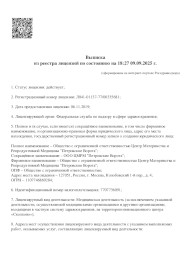
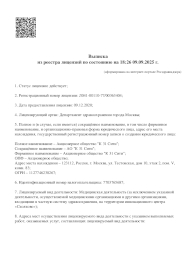

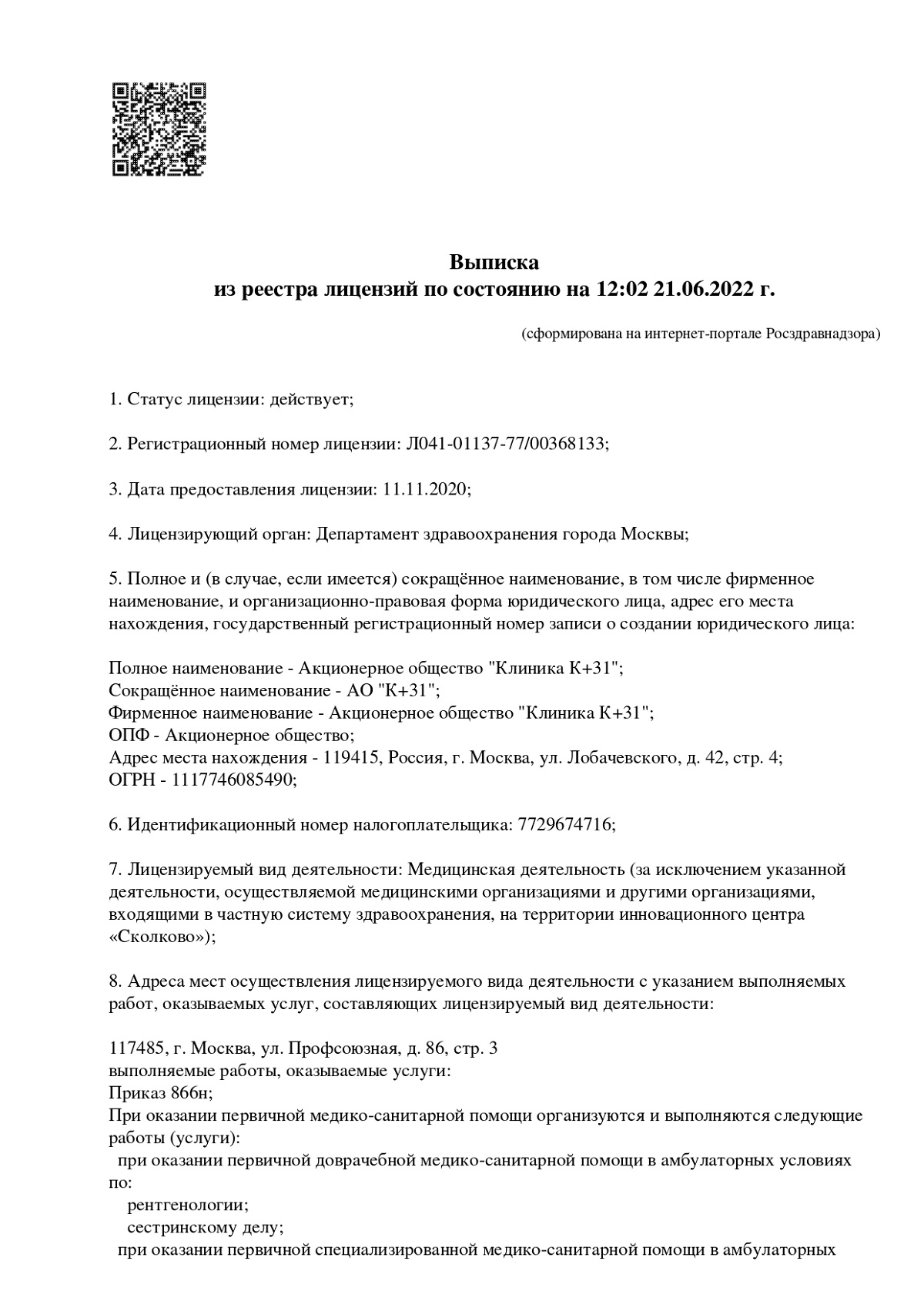
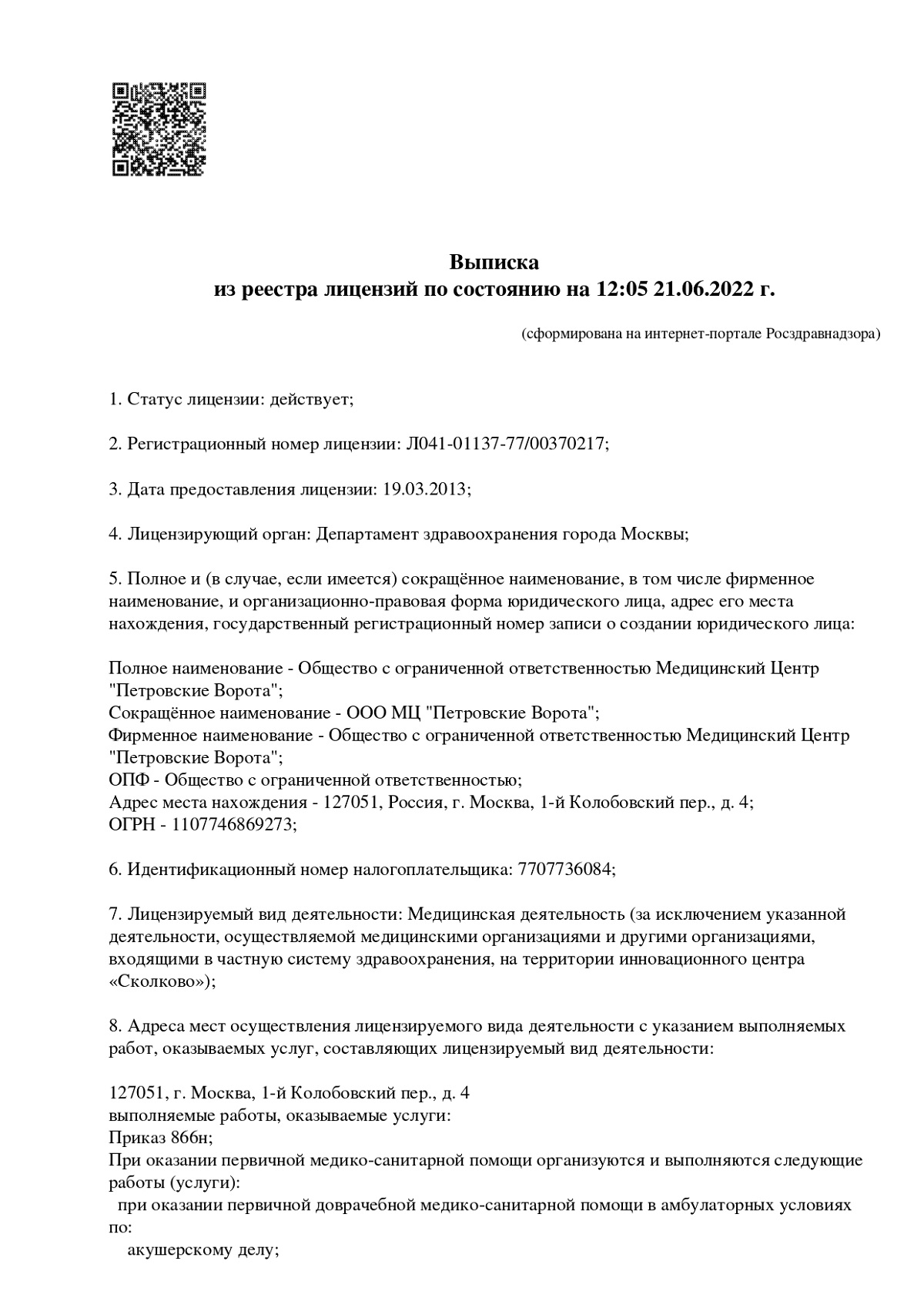
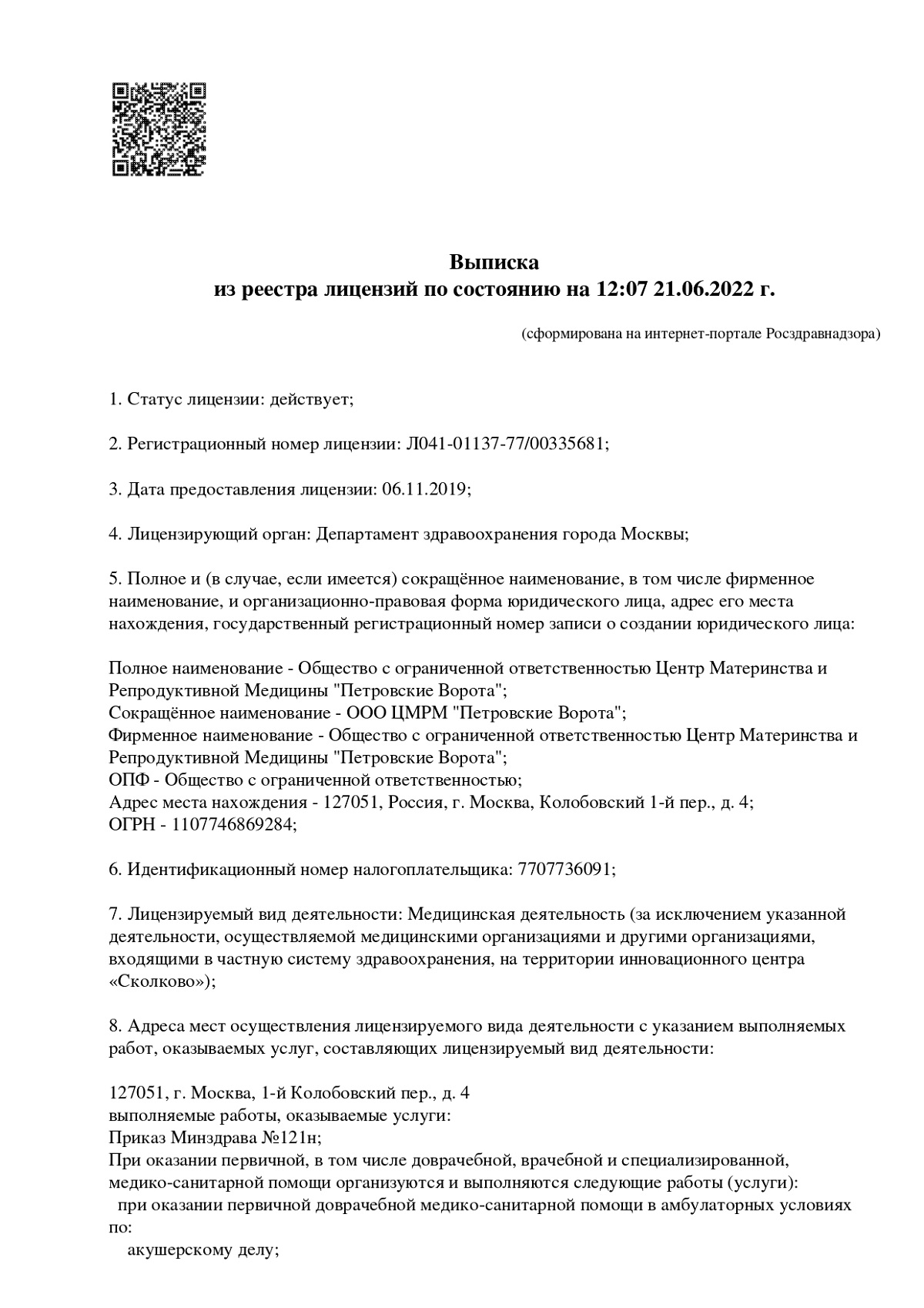



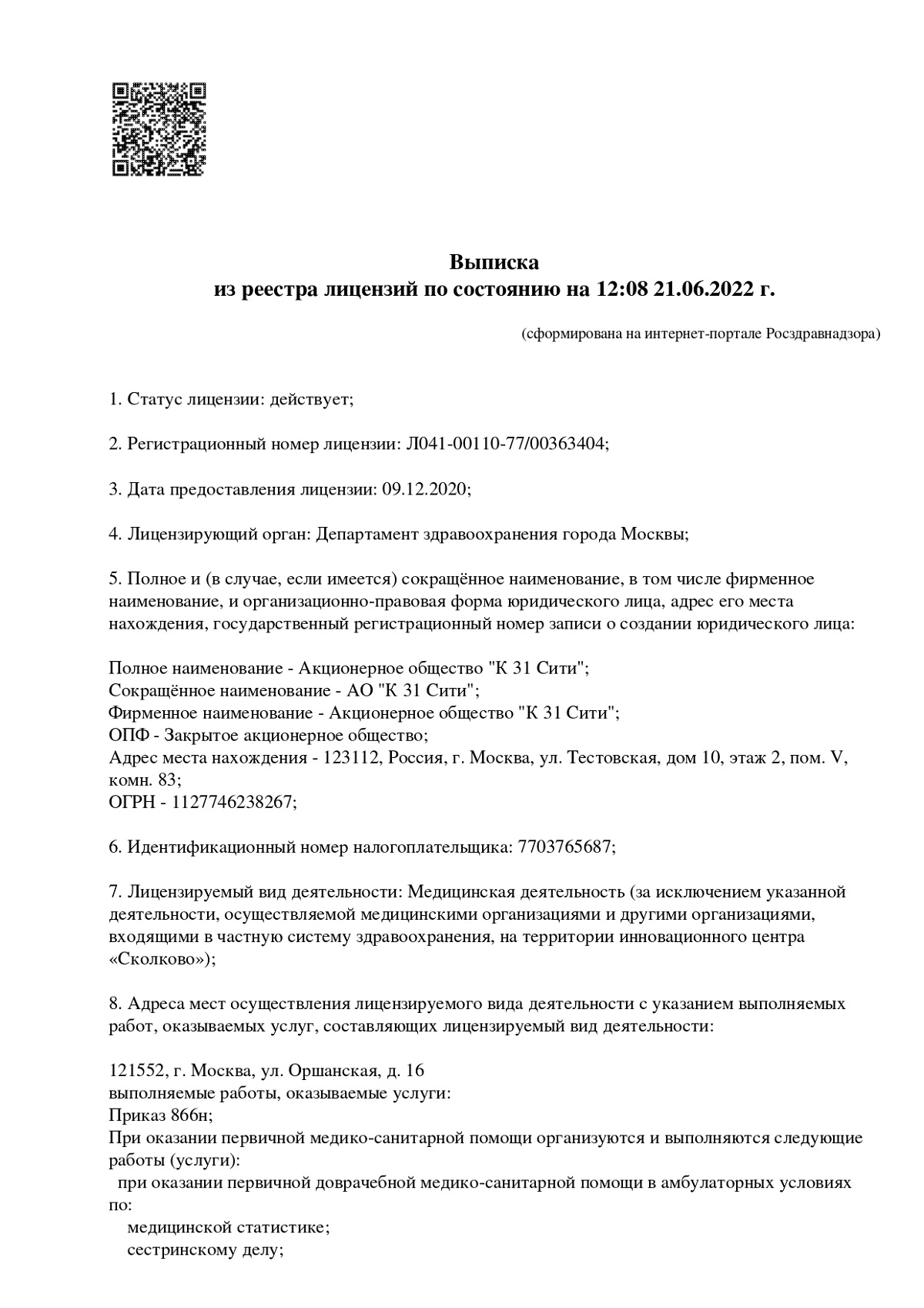
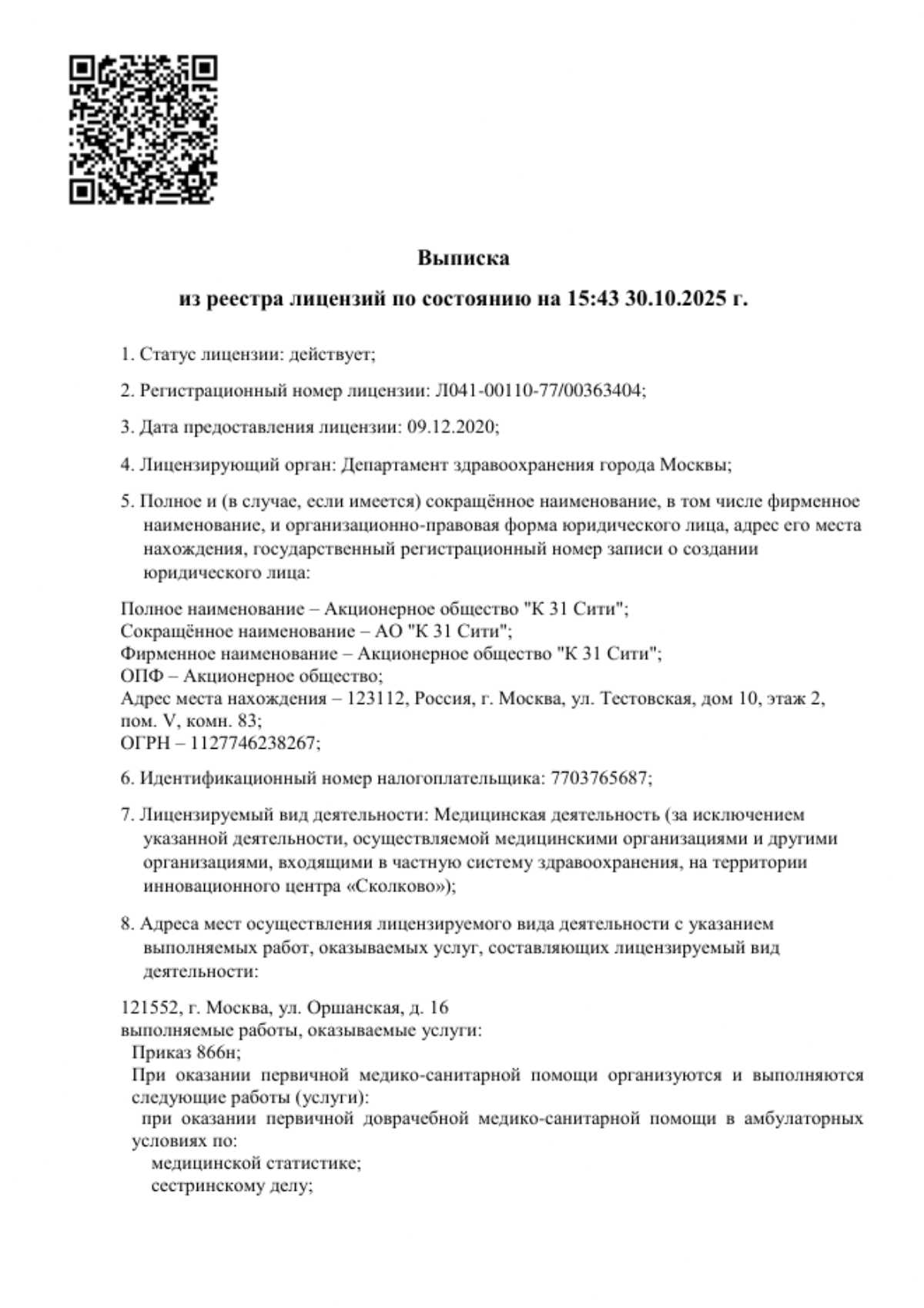
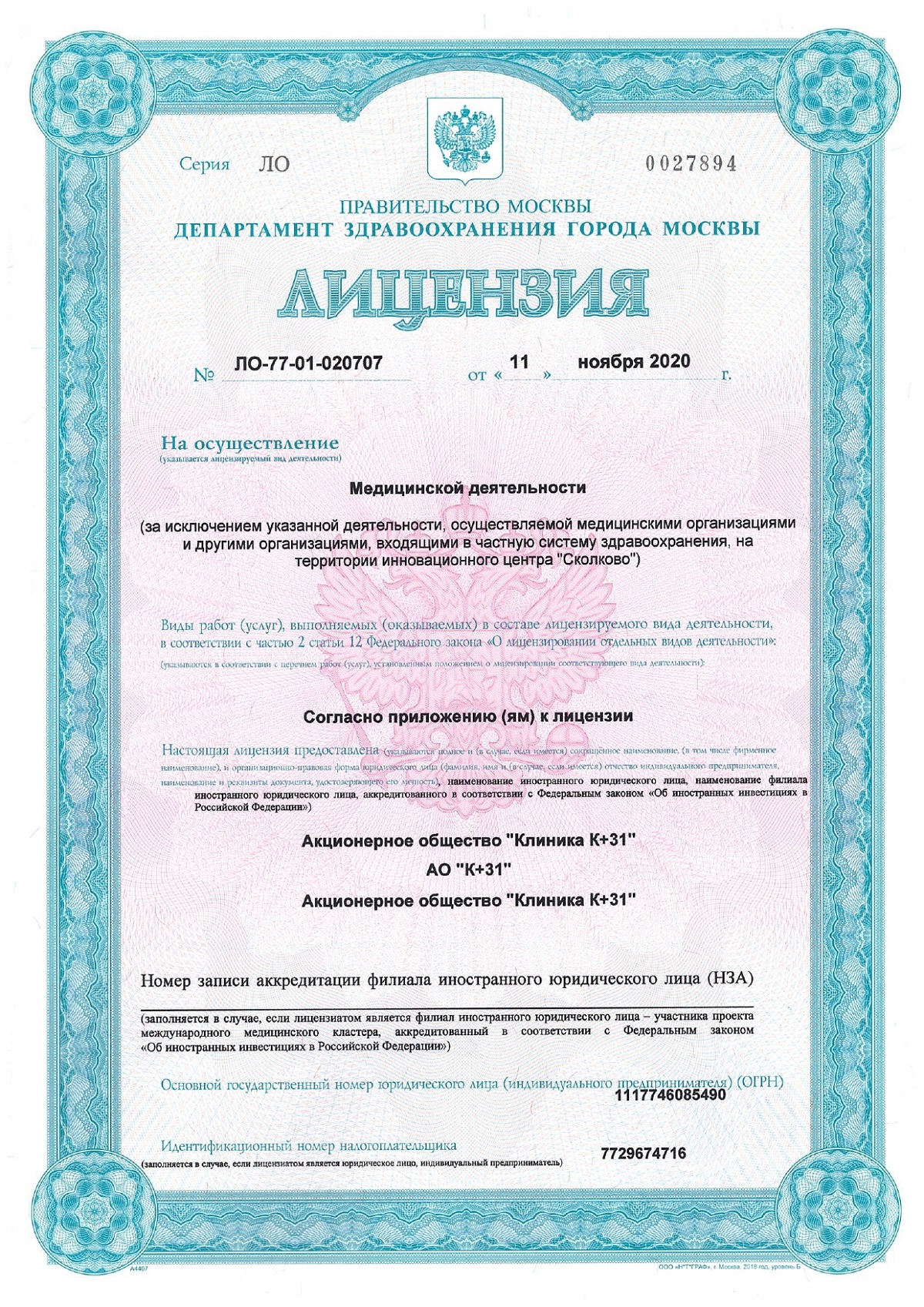

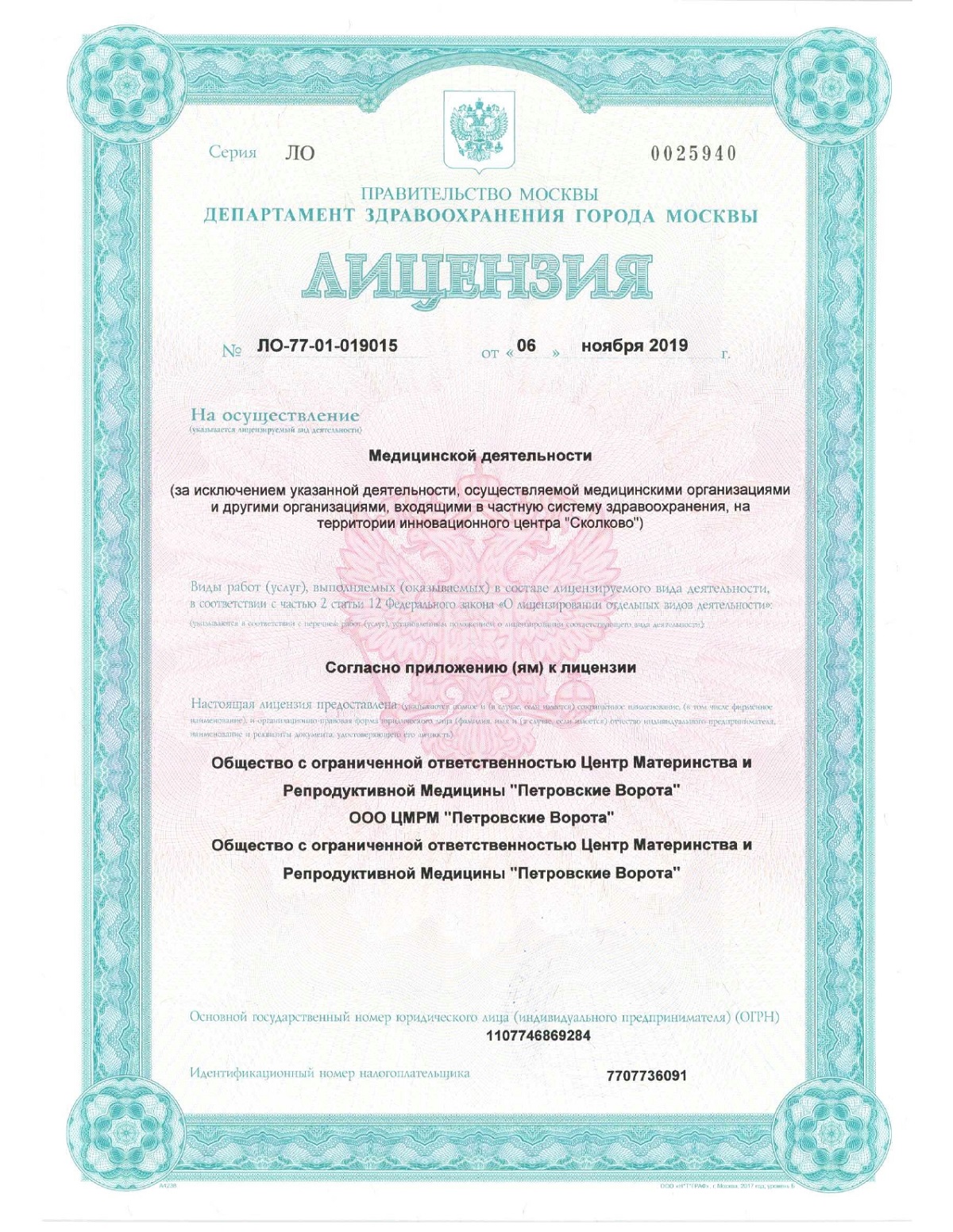
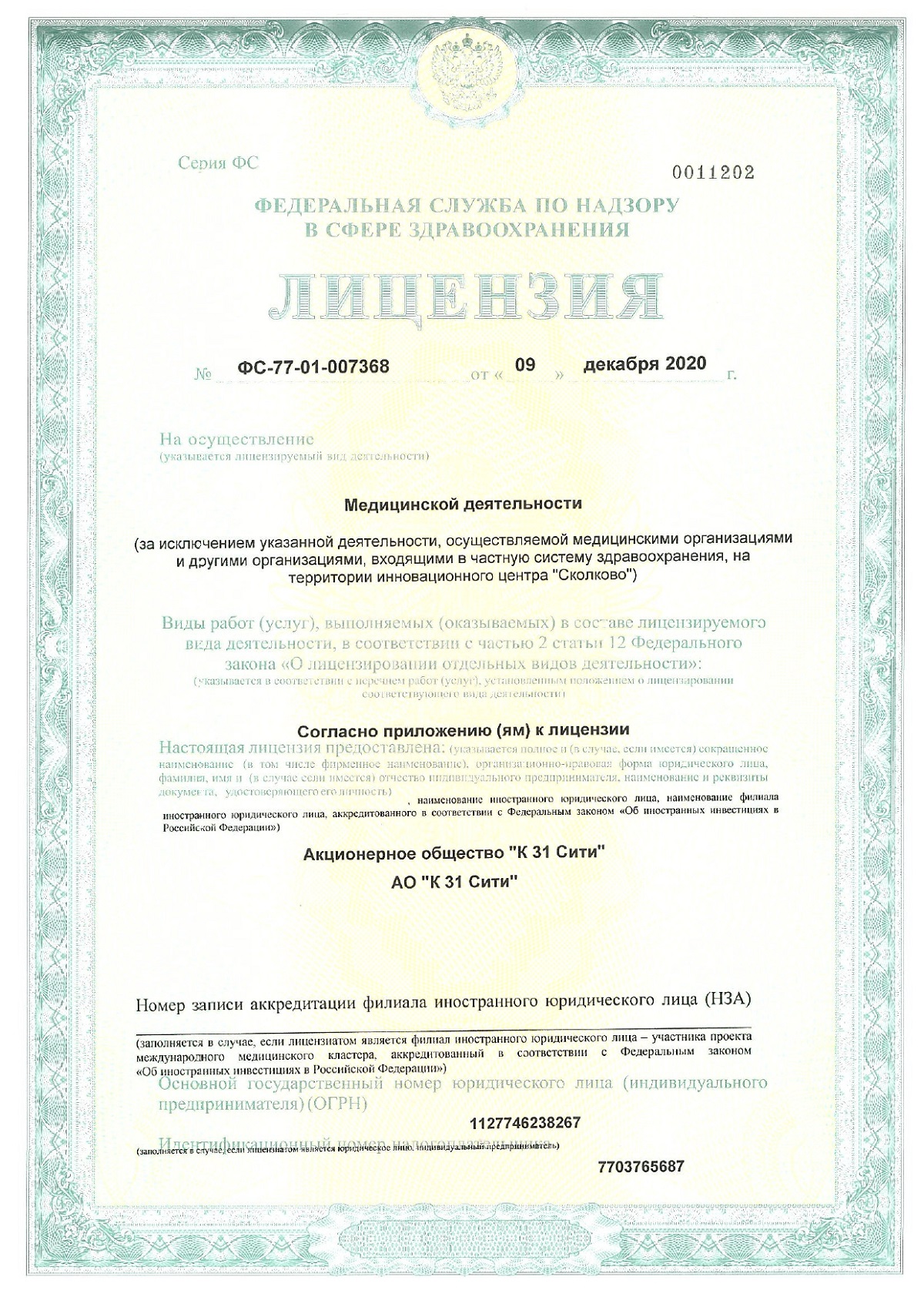



Technique of hysteroscopy
To thoroughly examine the uterine cavity, the gynecologist inserts a special instrument, a hysteroscope, through the cervix. This allows the surgeon to examine the uterine lining for various pathologies or abnormalities.
Before the procedure, the doctor may prescribe a sedative to help the patient relax, after which preparation for anesthesia is carried out. After the instrument is inserted, the main part of the procedure begins.
Hysteroscopy is performed in stages:
The technique used allows for both diagnostic and therapeutic procedures in a single procedure. Everything is done quickly, accurately, and safely. In a modern clinic, this procedure takes minimal time and does not require a lengthy recovery period.